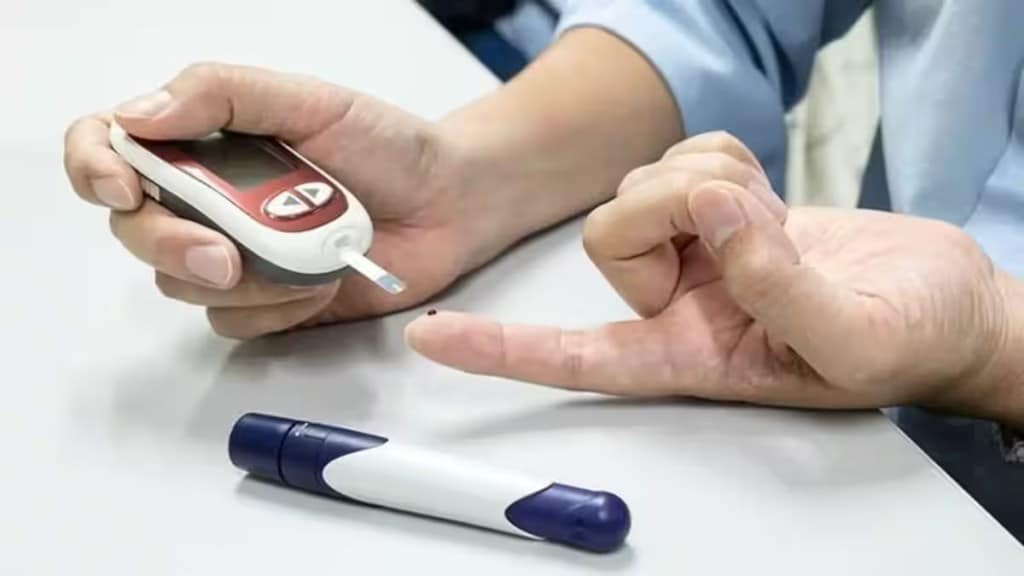Amid an alarming surge in diabetes cases in the country, a recent study has suggested that a healthy lifestyle and diet coupled with anti-diabetic properties enriched herbal formulations can help control blood sugar levels in diabetic patients within 14 days. The findings come as a boost for the country’s traditional medicine system that has started getting greater acceptance in the western world.
The latest study, conducted by a team of researchers from Patna-based Government Ayurvedic College and Hospital on a patient suffering from high levels of blood sugar used herbal formulation BGR-34 that has been developed by scientists from Defence Research Development Organisation and CSIR. The study has been published in the International Ayurvedic Medical Journal (IAMJ).
The team, led by Assistant Professor Prabhas Chandra Pathak, prescribed the patient a combination of research-based traditional medicines, including herbal formulation like BGR-34, Arogyavardhani Vati, Chandraprabhavati, cholesterol reducing drugs, lifestyle adjustments and a specific diet for two weeks.
After 14 days, the treatment was slightly altered. During this time, the patient showed significant improvement, for instance, the sugar level which was 254 mg/dl at the time of admission, came down to 124 mg/dl.
It was found that Daruharidra, Giloe, Vijaysar, Gudmar, Methi and Majishtha in the BGR-34 showed anti-diabetic properties, which helped cut down the sugar level in the blood. This medicine is prepared by the country’s premier research institute, CSIR, after extensive research.
Ahead of the World Diabetes Day, Dr. Sanchit Sharma, Executive Director of Aimil Pharmaceuticals, manufacturer of BGR-34 pointed out that since diabetic patients have to depend on lifetime medicines, the outcome of the study holds significance. “These herbal preparations also have elements to increase immunity as well as anti-oxidants levels,” Sharma added.
Researchers said that during the study, the patient was also recommended an hour’s walk daily. The patient’s fasting sugar level, which was 254 mg/dl before the start of treatment, came down to 124 mg/dl. Similarly, the sugar level after breakfast decreased from 413 to 154 mg/dl. All these parameters indicate effective reduction in blood sugar level.
Encouraged by the positive results of the treatment plan, the researchers have suggested a comprehensive larger study for its further assessment.
In fact, earlier, a study by the AIIMS Delhi found that BGR-34 is effective not only in reducing sugar but obesity as well.
Owing to a sedentary lifestyle and unhealthy dietary habits, diabetes is on the increase in the country. As per latest data, there are 72.9 millio

